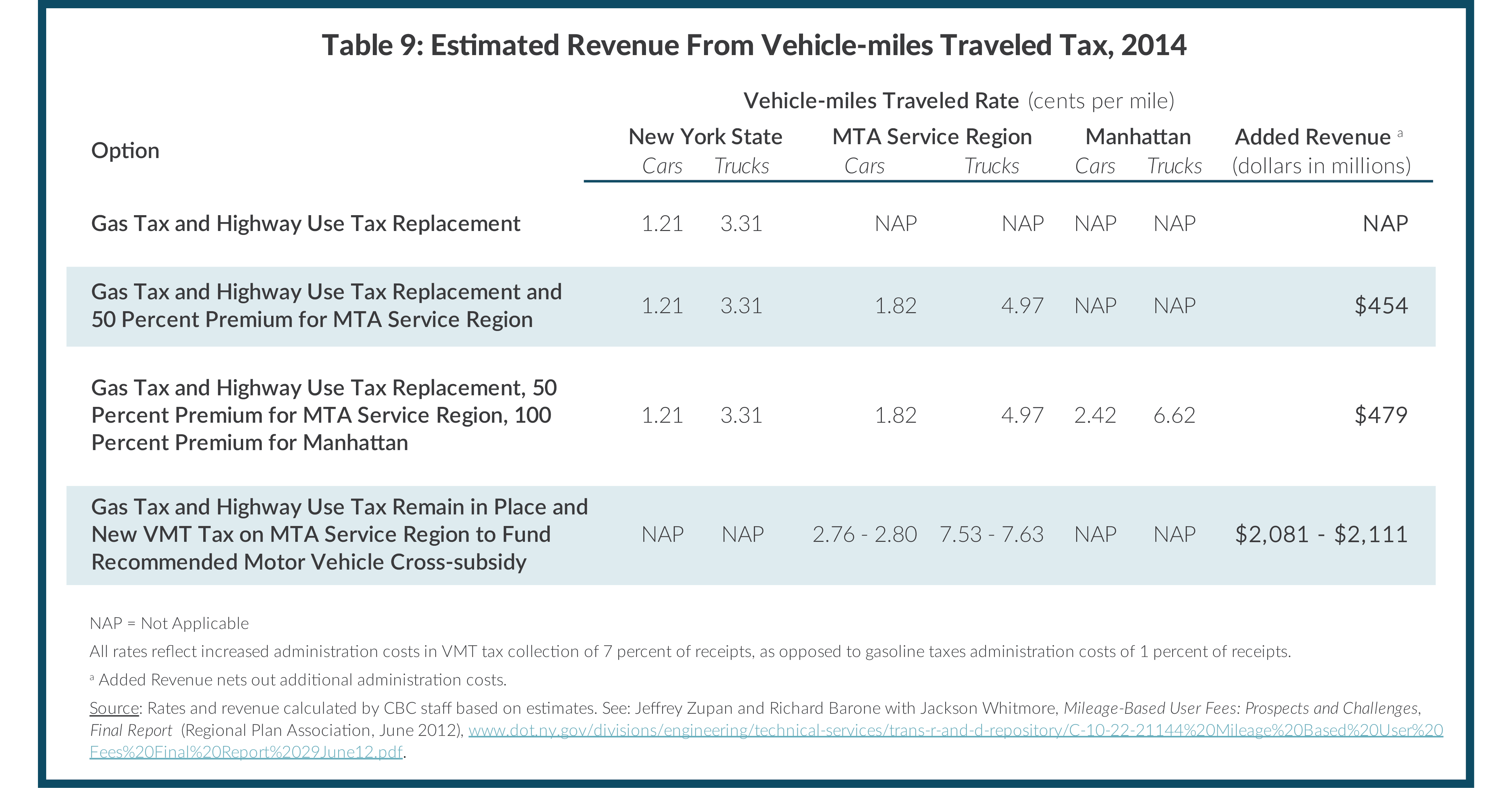

The proposal called for direct federal spending over 10 years of $200 billion. Progress on infrastructure programs has been non-existent during the past two years despite the $1.5 trillion infrastructure package that President Trump proposed early in his term. This has put pressure on the traditional model of funding road programs through fuel tax receipts, and has led to serious discussions of alternate measures such as the VMT.
:no_upscale()/cdn.vox-cdn.com/uploads/chorus_asset/file/8031489/brookings_gas_tax_revenue.png)
Other headwinds include the growth of electric-powered vehicles and advancements in vehicle design, which allow users to drive longer distances without filling their tanks. As a result, the inflation-adjusted value of those expenditures has declined dramatically. Federal taxes on diesel and gasoline consumption have not increased since 1993. Other funding proposals, which are hardly new, include raising the federal motor fuels tax and indexing it to the rate of inflation. Though there have been bills introduced to leverage repatriated funds to develop infrastructure-funding mechanisms, none have ever been seriously considered and are not expected to be for the foreseeable future, he said. However, the federal budget is so stretched that the proceeds needed to be used just to meet the government’s basic obligations, Ferguson stated. This resulted in $465 billion flowing into federal coffers through the first half of 2018. firms to repatriate foreign-generated assets at a rate of 15.5 percent for cash and 8 percent for non-cash assets, down from 35.5 percent. After paying for Social Security, healthcare and other entitlements, the military, and interest on the national debt, there is no money left for discretionary programs, Ferguson said. VMT proposals would be out of the question for personal vehicles because Americans would not tolerate the federal government monitoring their driving habits with sensors attached to their cars and light trucks, Ferguson explained.Īny type of VMT proposal would need to be part of a wide-ranging initiative to raise fresh funding for infrastructure in an environment where effectively no federal money is available.

In Atlanta, Ferguson told the annual winter meeting of SMC3, a technology company in the less-than-truckload industry, that the VMT model, which as the name implies is a distance-based tax on a vehicle’s operations, could be on the table for trucking companies. Congress will consider the feasibility of applying a vehicle miles traveled (VMT) tax on commercial motor vehicle operations as a way to help pay for road infrastructure improvements, Rep.


 0 kommentar(er)
0 kommentar(er)
